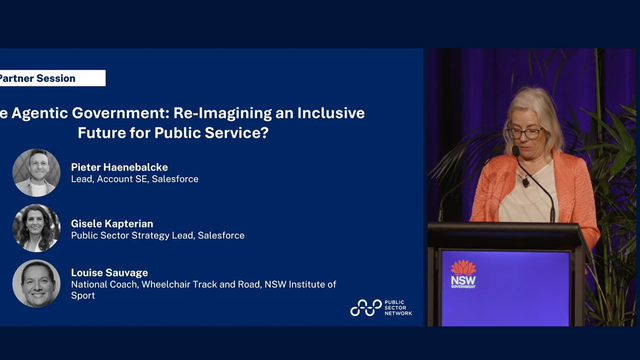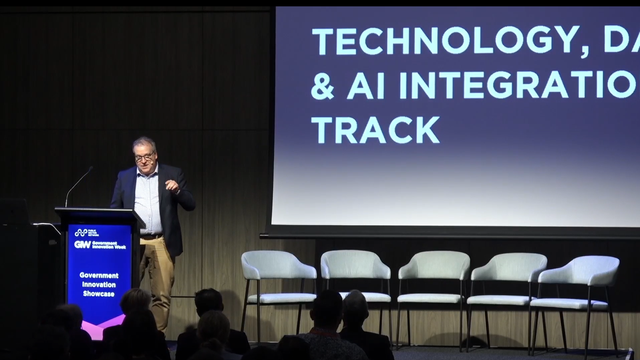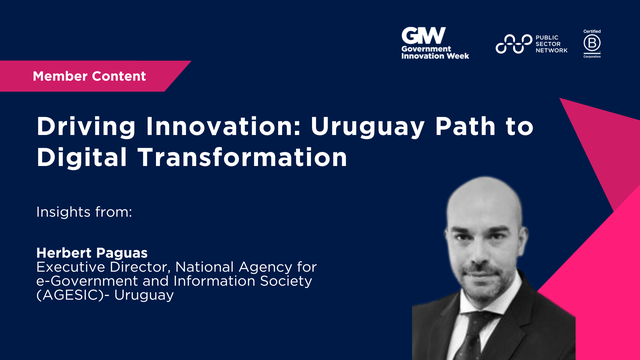How Digital Health is Transforming Care for Indigenous Communities and Beyond
The McGill University Health Centre (MUHC) is leveraging digital health innovations to bridge gaps in care, particularly for Indigenous communities in rural Quebec. During the COVID-19 pandemic, telemedicine became a lifeline, enabling remote access to specialists without the need for patients to travel long distances to Montreal. But the evolution doesn’t stop there—digital apps, virtual reality, and advanced data analytics are now playing a crucial role in delivering care to critically underserved populations.
Breaking Barriers with Telemedicine and Beyond
For years, telemedicine struggled to gain traction, but the pandemic accelerated its adoption, proving its value in connecting patients with specialists across various fields. Now, MUHC is exploring even more advanced tools, such as wearable devices and AI-driven diagnostics, to further enhance remote care.
The Power of Data: From Insights to Action
Data analytics has been a game-changer in improving healthcare delivery. One example? Analyzing post-operative length of stay helped identify bottlenecks in care, leading to targeted improvements. However, collecting data is just the first step—the real challenge lies in translating that data into meaningful changes in patient care.
The Interoperability Challenge
With so many digital health tools available, a major hurdle is ensuring they work together seamlessly. Many tech companies offer standalone solutions, but without interoperability, healthcare systems risk fragmentation. There’s a growing call for government and healthcare leaders to set standards, making interoperability a requirement rather than an afterthought.
The Future: Personalized, Patient-Centered Care
The ultimate goal is personalized medicine—using digital tools like wearables to tailor treatments based on individual patient data rather than broad averages. This shift could revolutionize chronic disease management and preventive care.
Collaboration is Key
Events and discussions among healthcare professionals, tech innovators, and policymakers are essential for driving digital transformation forward. The most valuable insights often come from informal exchanges—those "water cooler conversations"—where shared concerns and visions can spark real progress.
As digital health continues to evolve, the focus remains on equity, accessibility, and innovation—ensuring that no community, no matter how remote, is left behind.
What are your thoughts on the future of digital health? Let us know in the comments!




































